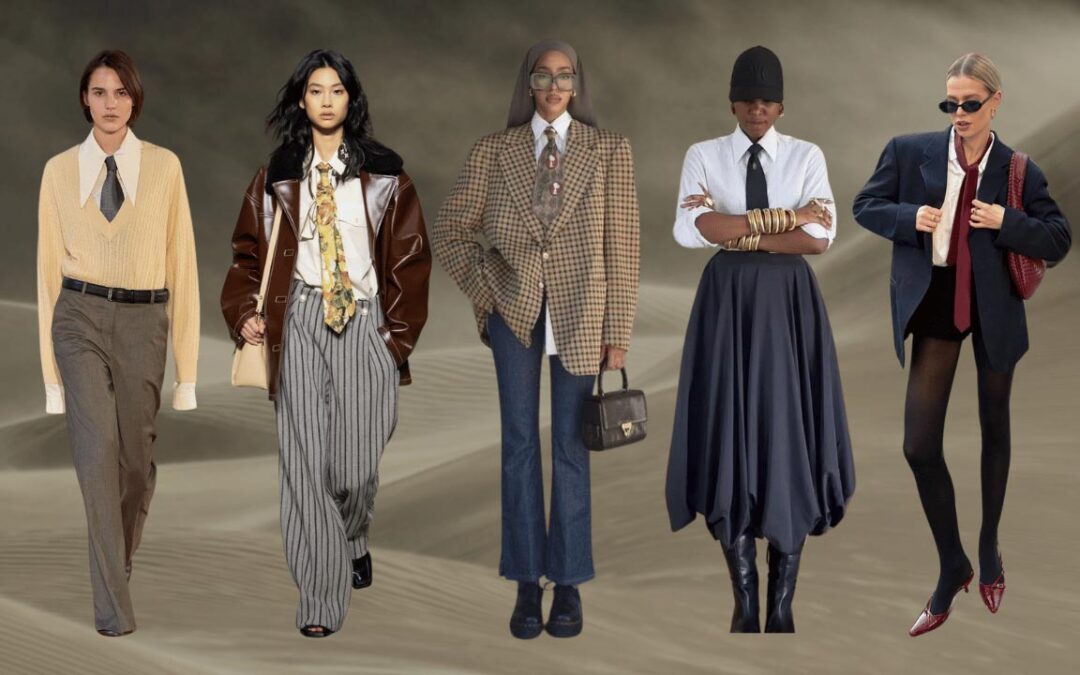In an increasingly digital world, where celebrities reign supreme and media influences every aspect of our lives, a pressing concern emerges: what is the true impact of negative media and toxic social media on our minds and lives?
If media has the power to influence the things we buy to who we vote for, how else might it be affecting us?
Must be: Flawless, rich, and famous
I was flipping through a stack of W magazines the other day that were passed off to me by my disinterested mother who had freely received them. This was a magazine I’d never heard of before, and as an avid fashion enthusiast, I was quite eager to indulge. But with each page I turned, the contents began to taunt my self-confidence, and seemed to whisper louder and louder, “you’ll never be as good as us.”
Every page unveiled a new “star,” showcased and celebrated in every aspect of the magazine–from the cover to the advertisements to the articles themselves. An entire section titled “My Life in Parties” served as a platform to highlight yet another celebrity, displaying their glamorous lifestyle, exclusive social gatherings, and the esteemed individuals they have encountered throughout their lives. Now, I understand this is the common theme with most magazines: the obsession with the stars. But on this particular day, I had grown weary enough of unrelatable articles and posts prevalent on what many have identified as “toxic social media.” With each subsequent page, a lingering question nagged at me: “What is the point in all of this? Who reads this and why?”
And that’s an honest question–for myself and for others. How does media that glorifies celebrities and their luxurious lifestyles (that the majority will never enjoy) benefit us? What meaningful contribution does it make to our lives? What value does it provide?
“Kim, There Are People Dying”
I remember coming across a social media post not long ago about the Kardashians that sparked up quite the controversy. It revolved around their extravagant lifestyle and the exorbitant sums of money they spent on various luxuries. Users did not hold back, expressing their disgust and weariness at the sight of celebrities flaunting their wealth while many struggle to simply make ends meet. One comment, in particular, remains etched in my memory: “Tonight, I had to choose between gas and dinner…” The choice between being stranded or going hungry… The majority of the comments echoed similar sentiments.
Now I get it–getting a sneak peek into the lives of the “untouchables” can be intriguing, entertaining, and amusing. It satisfies a curiosity within us. But where’s the balance? What does this cost our self-worth? This kind of content, especially through constant exposure, can have a significant impact on our well-being, including our self-image and self-perception. These effects can occur on a subconscious level, influencing our thoughts, emotions, and behavior in ways we may not even realize.
Toxic Media Culture: Enough is Enough
Magazines and toxic social media outlets have always had a reputation for fostering gossip, body shaming, and promoting unattainable beauty standards that reduce our worth to the size of our clothes or where we fall against the “golden ratio.” Prominent examples include People magazine’s “World’s Most Beautiful Woman” and their annual “Sexiest Man Alive” series, as well as Now magazine’s feature on “21 Shocking Bodies that Will Make You Feel Normal!” Who wouldn’t want to read these, right!?

PHOTO: COVER OF NOW MAGAZINE
The majority of magazines and many media outlets perpetuate the same notion: that celebrities and the so-called “elite” are inherently superior, more significant, deserving of constant adoration and celebration, and are those that hold the standard by which we measure beauty, purpose, and success.
I don’t know about you, but I’ve spent enough hours in front of the mirror nitpicking every inch of my body, questioning my significance, and comparing my life to those favored by the media already.
So I return to my question, “what’s the point in all of it?”
The true stars
In the end, we all just want to feel good. We want to be reminded of our worth, not have it diminished. We need articles that embrace the beauty of diversity. Articles that celebrate individuals from every walk of life and tell the tales of their incredible triumphs.
Because here’s the truth: true success doesn’t simply look like extreme wealth, luxurious vacations, mansions or expensive cars. It’s not that simple. No, true success looks like the single parent making ends meet. It looks like the former-alcoholic achieving sobriety. Or like the survivor of domestic violence who went on to found a shelter for women and children. And even like fighting depression and making it to see another sunrise.
These are the true extraordinary individuals worthy of the utmost praise, recognition, and support. These are the people and the stories that deserve publication!
Divided by comparison; united by celebration
Modern media and magazines have a way of creating division by cultivating a culture of comparison among individuals. Instead of fostering unity, these publications subtly shift our attention inward towards ourselves, our flaws, and create a sense of inadequacy. Consequently, we find ourselves competing with those around us, striving to elevate our own names in order to satisfy our desires and “measure up.”
On the other hand, stories that celebrate the significance of every individual have the remarkable ability to remind us of our own significance and worth. They shift our focus outward to the world around us. They empower us to embrace our authentic selves and make our mark on the world. This kind of media has the power to bring people together instead of tearing us apart!
Better media for a better world
When we make the conscious effort to recognize and appreciate the contributions and worth of all people, rather than elevating some above the rest, we foster a culture of empowerment, unity, trust, and collaboration. In doing so, we lay the foundation for the development of stronger individuals who, in turn, build strong families. And it is within these strong families that thriving communities are created. By embracing this inclusive mindset, we open the doors to a media landscape that we believe truly has the power to change the world, one uplifting story at a time.
At Trends of the Times, this is our core mission: to create empowering media for empowered individuals. We truly believe that every person possesses inherent value and potential, deserving of recognition and celebration. Through the stories we share, we aim to inspire a better world—one where compassion, understanding, and unity prevail.
Together, let’s do away with negative and toxic social media. Let’s create better media for a better world.






